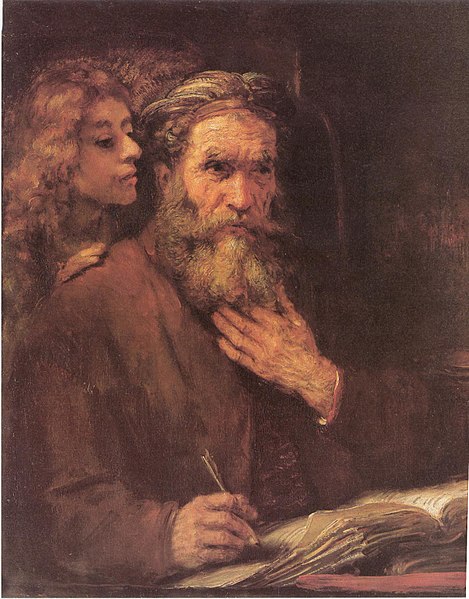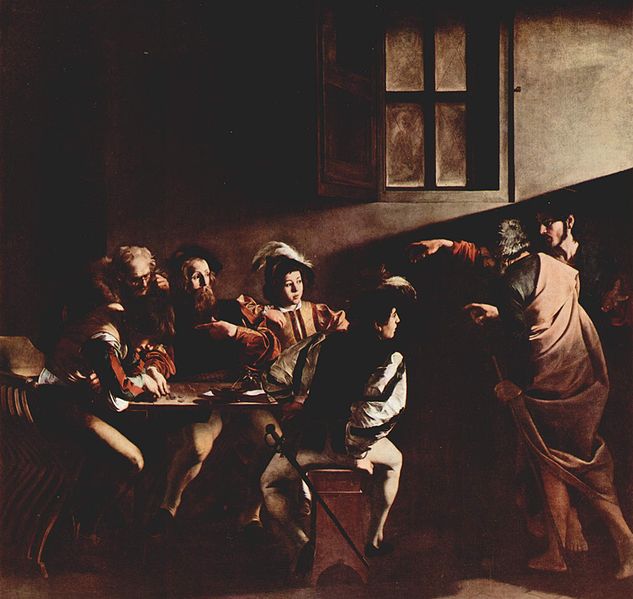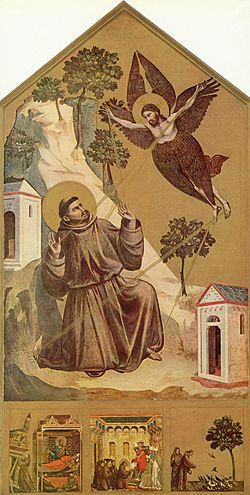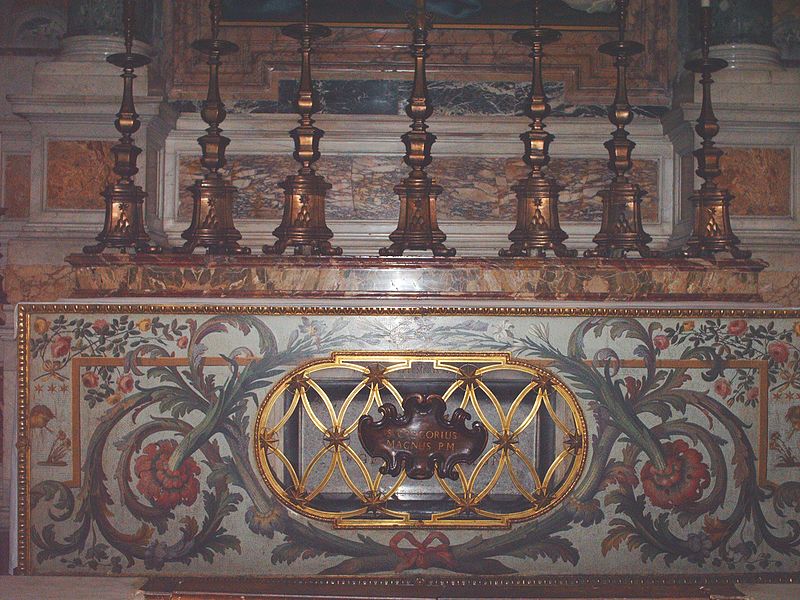It's a funny thing, but most of my recent liturgical appearances have been as a deacon, rather than as a priest. given the small number of SEC churches that have the staff or liturgical tradition of having a liturgical deacon, this is a bit of a surprise. 2 Sunday's in August at St Salvador's Dundee (wore a biretta and sang the Gospel), today in Holy Trinity Melrose (deacon of the Gospel, rather than deacon of the Mass (??) - the Rector deaconed apart from me singing the Gospel) and then on the 18th, deacon and preach at St Michael & All Saints.
I don't mind it at all. In fact, much as I looked for to being ordained priest back in 1994, I remember at the time feeling a twinge of regret at losing the distinctive diaconal liturgical ministry. I enjoyed reading the Gospel, preaching and leading the intercessions. And then preparing the altar. It was an enabling rather than a doing ministry in a way and we often get lost in the priestly ministry in the importance of doing and leading, rather than facilitating and enabling and allowing other's ministries to flourish. I like the diversity of Wikipedia's list of prominent Deacons: Saint Stephen, the first Christian martyr (stoned) ; St Philip the Evangelist, whose baptism of the Ethiopian eunuch is recounted in Acts 8:26-40 and who could be considered to be the founder of the Coptic Orthodox Church; Saint Lawrence, an early Roman martyr (he of the Gridiron); Saint Vincent of Saragossa, 1st martyr of Spain; Saint Francis of Assisi, founder of the Franciscans (should been on meds, but I like him really!); Saint Ephrem the Syrian and Saint Romanos the Melodist, a prominent early hymn writer. Prominent historical figures who played major roles as deacons and went on to higher office include Saint Athanasius of Alexandria (who didn't write the Creed, but hey!), Thomas Becket (bumped off in Canterbury) and Reginald Pole (Cardinal and last RC Abp of Canterbury). Quite a colourful and talented crew! So for all deacons I offer this slightly adapted prayer:
Eternal God,
you call Deacons to proclaim your glory
in a life of prayer and pastoral zeal:
keep the servants of your Church faithful
and bless your people through their ministry,
that the Church may grow into the full stature
of your Son Jesus Christ our Lord,
who is alive and reigns with you,
in the unity of the Holy Spirit,
one God, now and for ever. Amen










